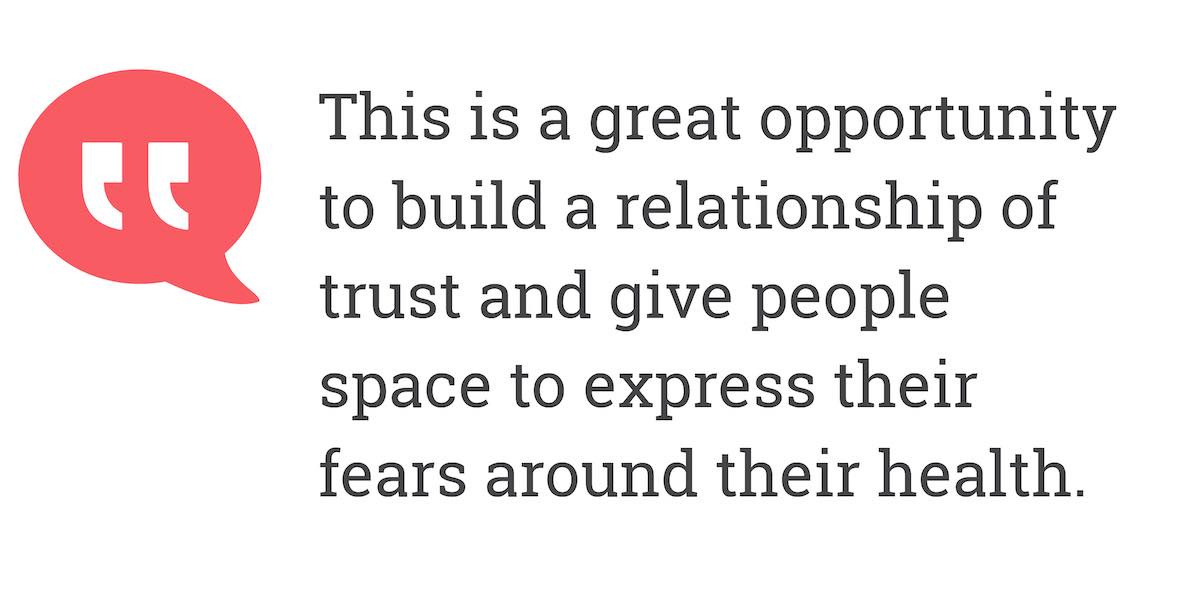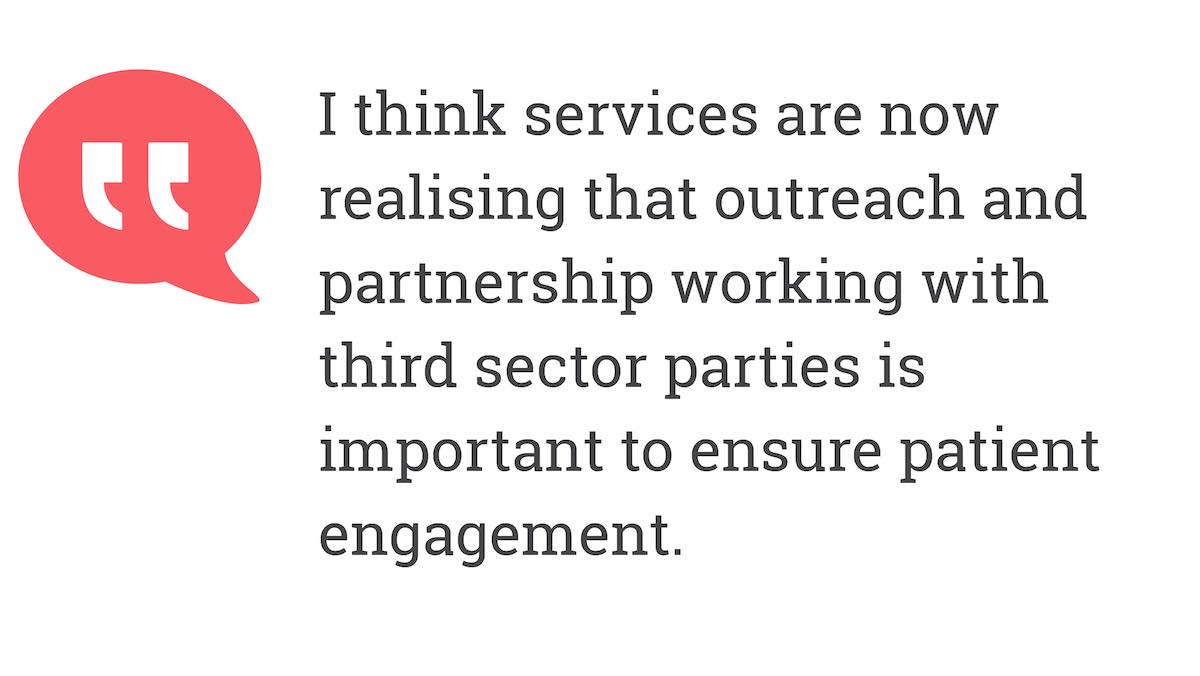- 21 April 2020
- 6 min read
How I became a Blood Borne Virus (BBV) Clinical Nurse Specialist
Subscribe "I think empathy and an awareness of the effects of poverty, trauma and the coping mechanisms and behaviours that people turn to are invaluable."
"I think empathy and an awareness of the effects of poverty, trauma and the coping mechanisms and behaviours that people turn to are invaluable."Clinical Nurse Specialist in HIV and Hepatitis, Holly McDowall, gives a detailed overview of her career as a Blood Borne Virus Specialist and outlines the needs of the role.
Topics covered in this article
How I became a Blood Borne Virus (BBV) Clinical Nurse Specialist
What does a typical day look like?
What are some interview tips for this job role?
What are the ideal soft skills?
What qualifications do you need to become a BBV clinical Nurse specialist?
What are the different types of roles for my job?
What kind of settings does a BBV Nurse work in?
What are the career prospects for a BBV Nurse?
What challenges are faced by a BBV Nurse?
What is the current state of BBV Nursing in the UK?
What is the future of BBV Nursing in the UK?
How I became a Blood Borne Virus (BBV) Clinical Nurse Specialist
I was a Specialist Sexual Health Nurse for about 5 years and needed a change; but didn’t want to come too far out my comfort zone.
Sexual health gave me a lot of exposure to patients at risk of BBV’s; such as HIV, hep B and C.
This involved sensitively conducted assessments, testing, prevention and onward referral.
Therefore, working in the BBV team and managing the care of those diagnosed, seemed a natural progression.









About this contributor
Clinical Nurse
Holly is a clinical nurse specialist in HIV and hepatitis. Ten years of nursing experience has taken her to Scotland, England and New Zealand. She has won awards for her writing on the role of nurses in screening for domestic abuse. Her research into HIV care has informed local policy and she is the author of a systematic review on the challenges of partner notification and online dating.
More by this contributorWant to get involved in the discussion?
Log In Subscribe to commentSaima Miah
Saima Miah
3 years agoInteresting article! Is there any websites you can recommend for me on how to become a CNP is a specific ... read more
Interesting article! Is there any websites you can recommend for me on how to become a CNP is a specific area?
read less